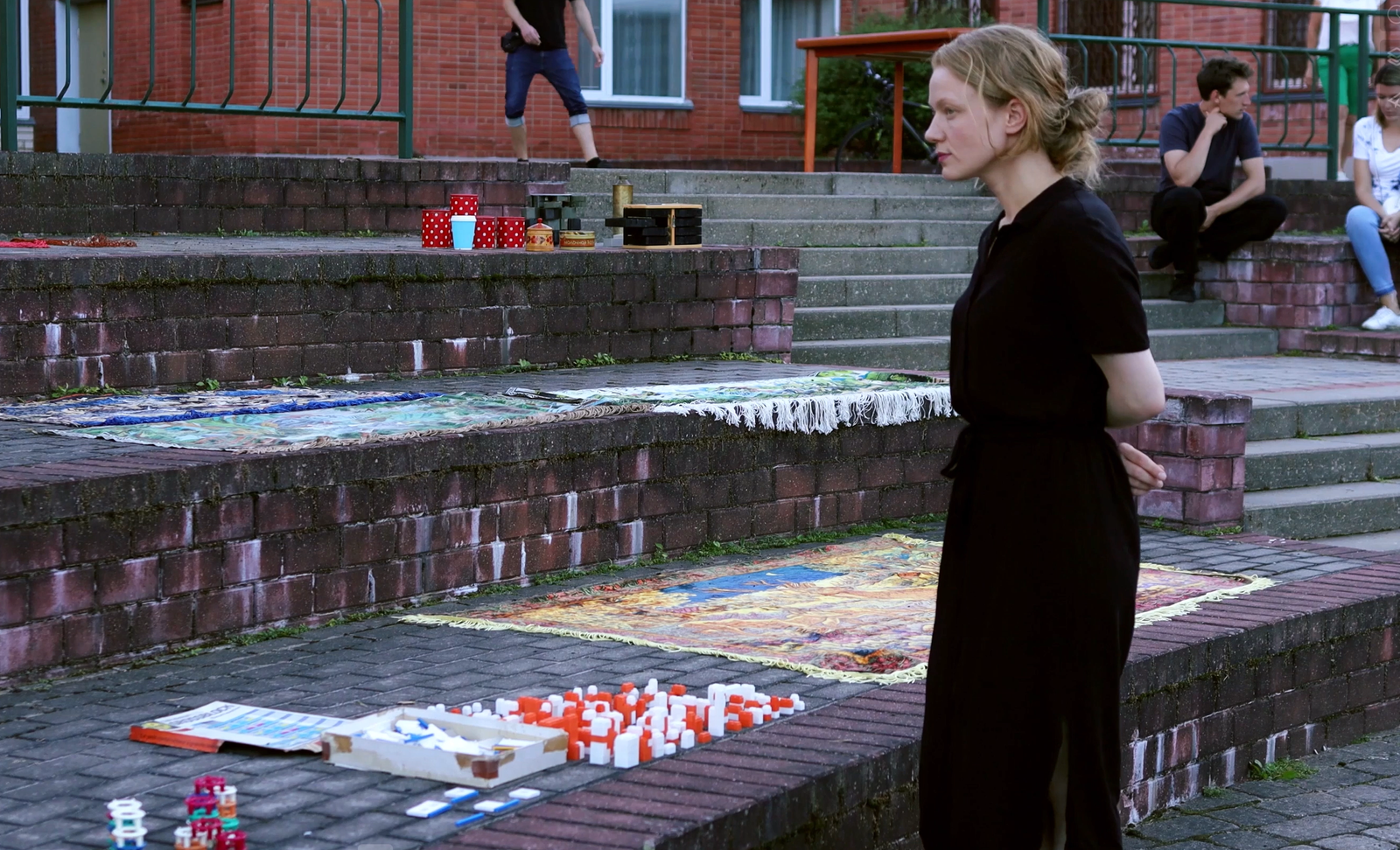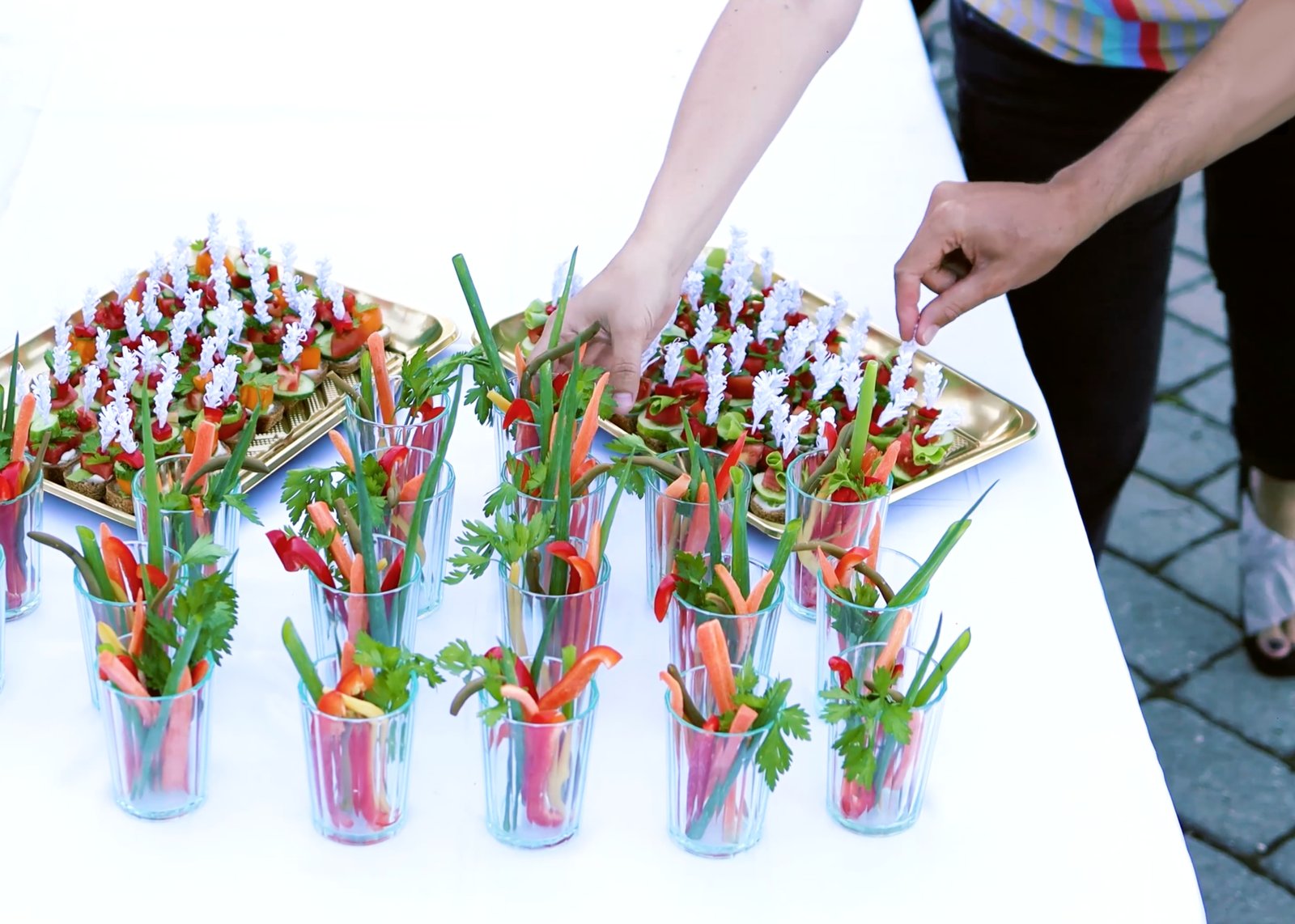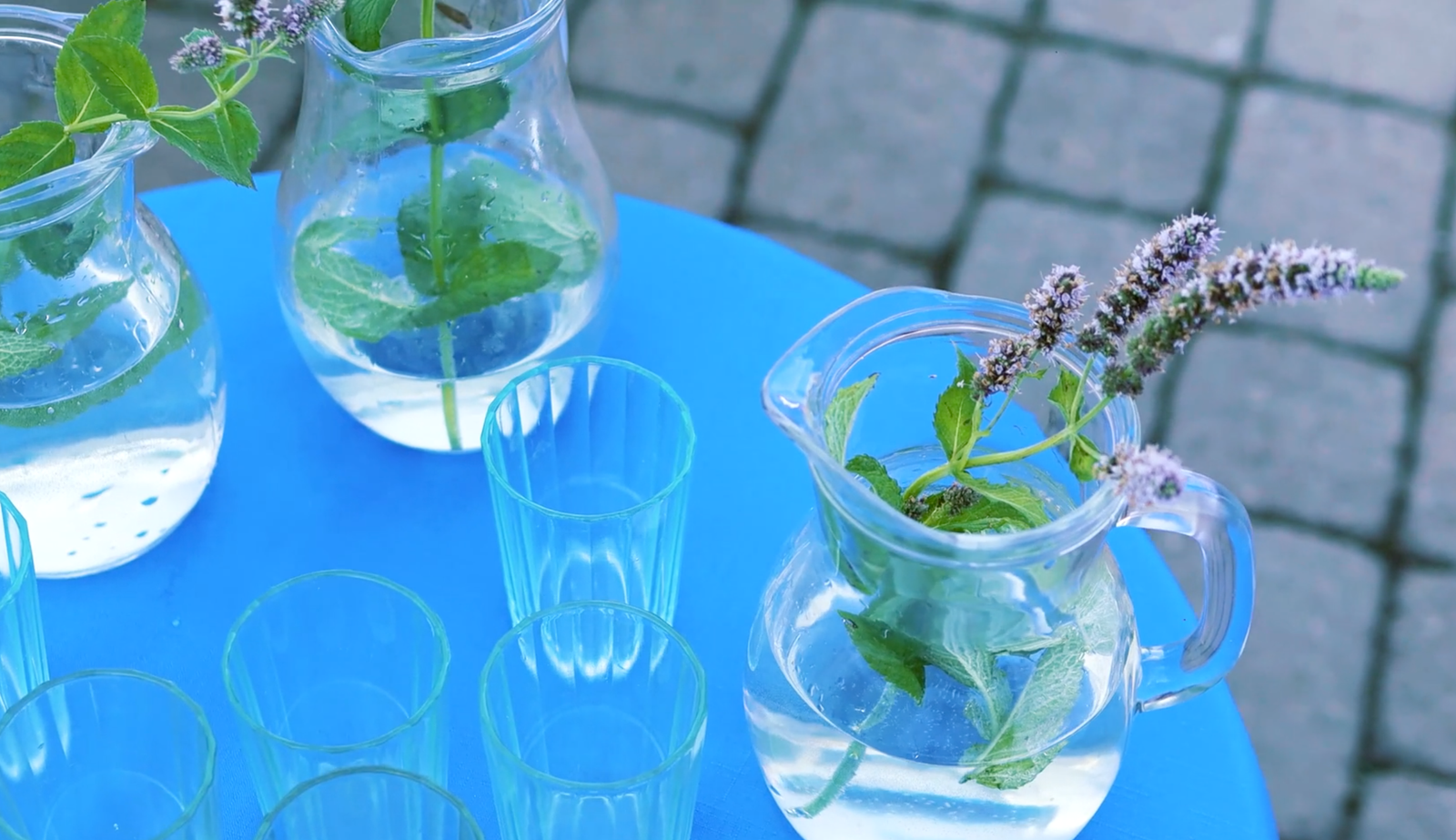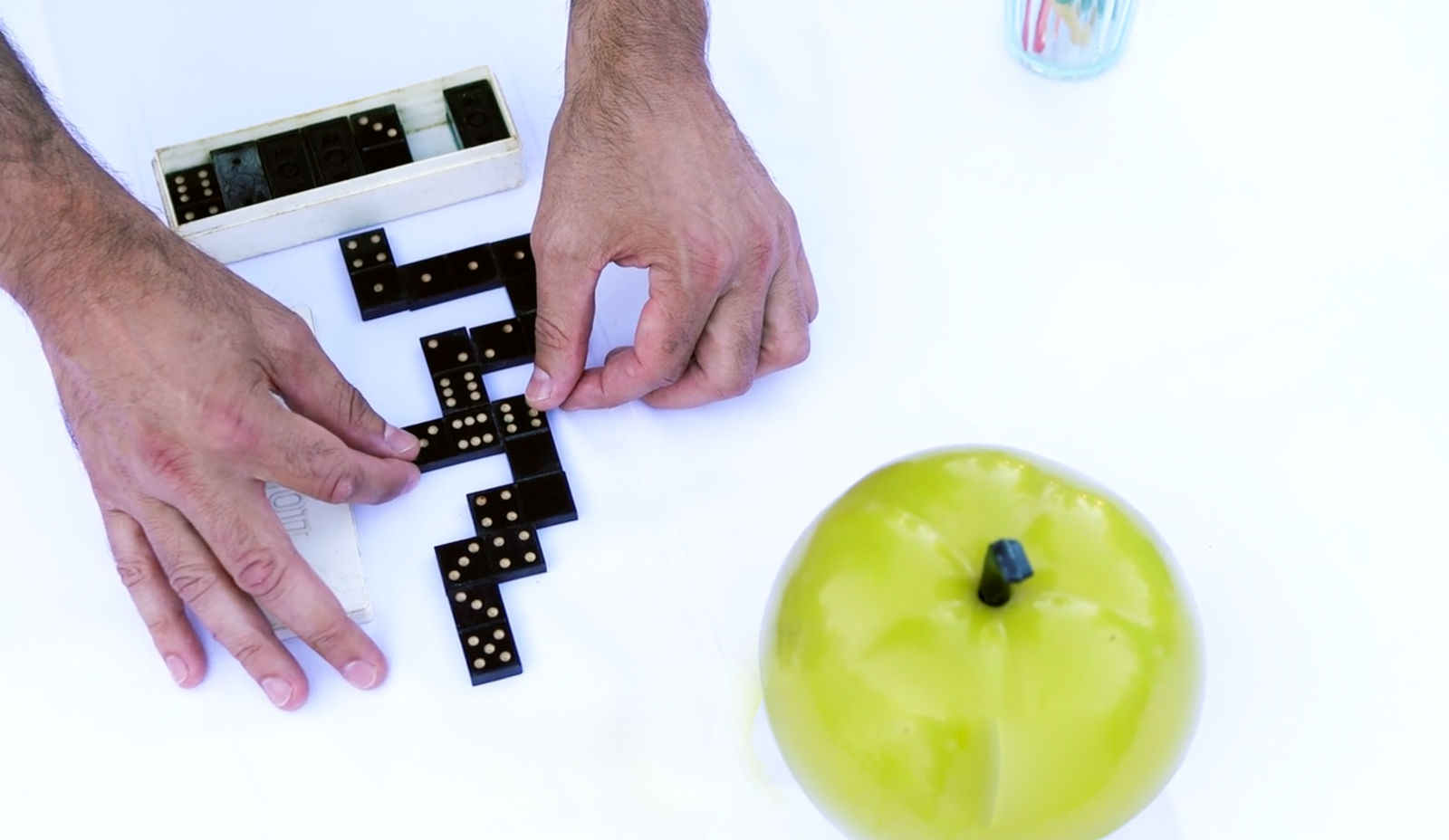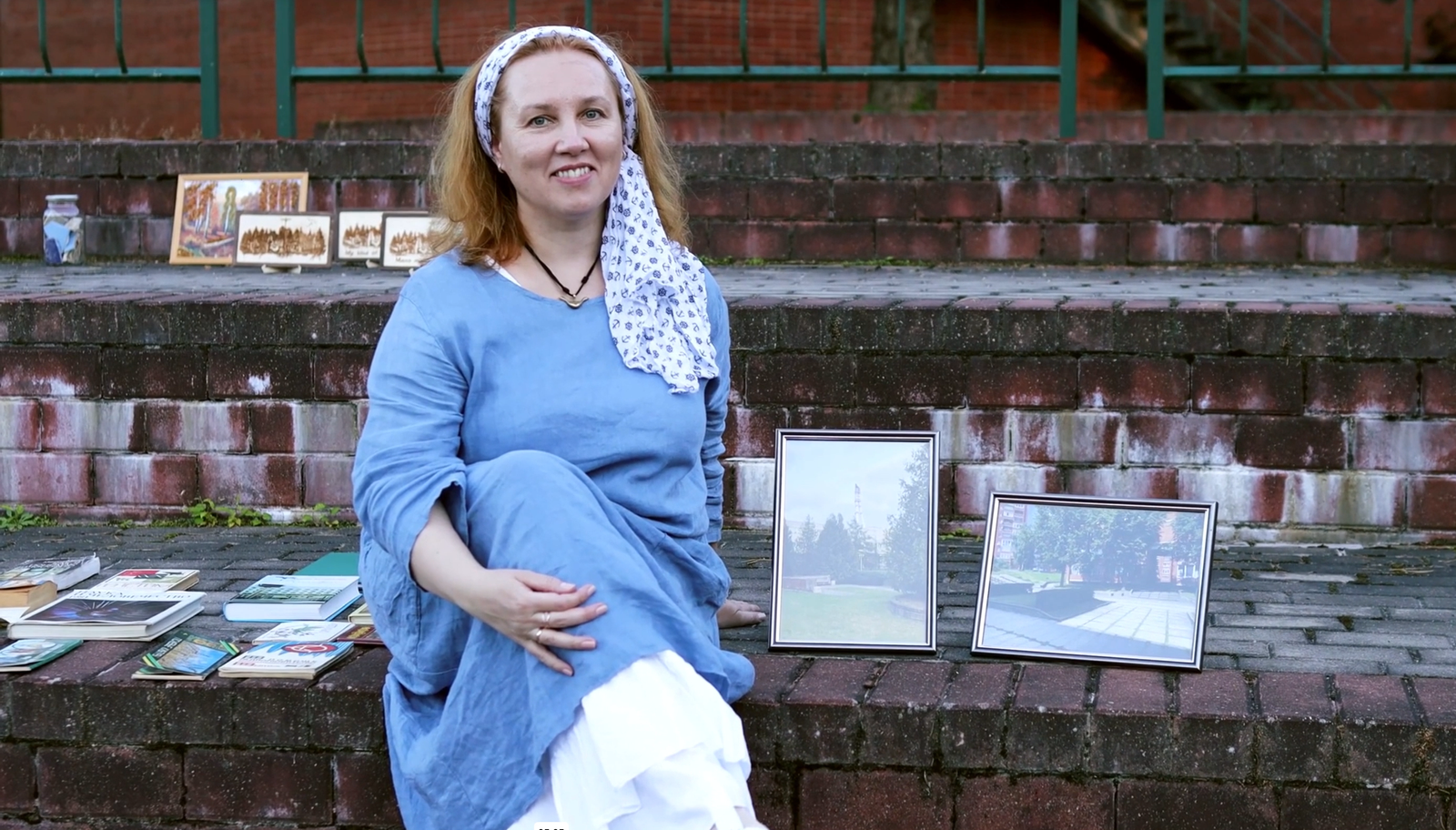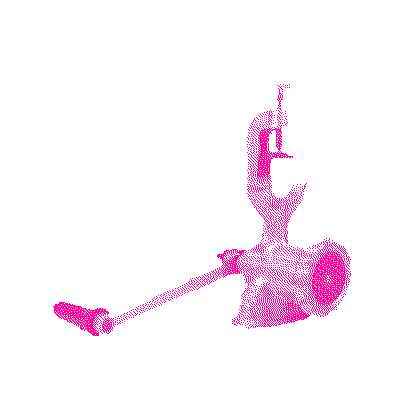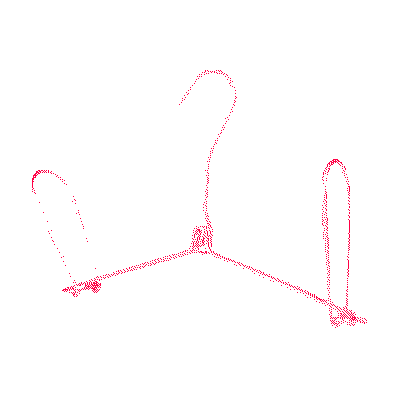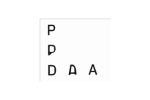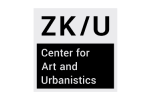Visaginas
To secure constant electrical power supply to its western territories in the 1970s, USSR decided to build a nuclear power plant on the shore of the Drūkšiai lake, the largest in the region and bordering territories of Lithuania, Latvia and Belarus. The Ignalina nuclear power plant based on RBMK reactors was named after a town located one hour drive south by train. To accommodate power plant workers and their families, a new satellite settlement was built in the middle of the forest on Visaginas lake shore. After the collapse of the USSR the Ignalina Nuclear Power Plant and town of Visaginas became part of the restored Lithuania state. In 2004 Lithuania chose techno-political integration into the EU, thus after more than three decades of operation the sister power plant of Chernobyl – Ignalina plant - was decided to be closed. Since then, the former satellite town has been in search of a new identity and economic trajectory.
‘Charity Dinner’ in Visaginas
In this event food and charity were the key to build a new institution of town museum. Its central protagonist is Alex Urazov - a compelled collector of everyday objects and one of the main people in the role-playing games universe in Lithuania and the Baltics. Collected objects are used by Alex and his community for costume making and cosplaying. For us building on this protagonist’s potential meant embrace of and sensitivity to the local culture and its materiality, as well as the access to abundance of collected objects from Visaginas different historical periods. ‘Charity Dinner’ was organized as testing the prop for a new quasi role-playing game, where ‘nuclear’ Visaginas, ‘resort’ Visaginas and the ruralizing ‘garden’ Visaginas meet. Welcoming new game players at the dinner meant new, donated props. The result of this impulse is a memory institution generated via donations, acting, and objects’ valorizing. In the civic sense ‘Charity Dinner’ was fruitful as a format to contemplate one’s identity in the course of long-term change.
Food was also a literal frame to look at the industry-driven modes of living, highlighting both the Visaginas rapid nuclear industrialization and gradual long-term de-industrialization. One of the storytellers to set this frame is Honorata Vaškevič, born in the village on site of the Ignalina Nuclear Power Plant. Her biography is an entry to a not yet territorialized experience of Drūkšiai lake, of land ownership prior to the INPP project, and of a family coping with infrastructural colonization. In 1980-s she took a job in the INPP canteen and thus could observe her native area switching to industrial mode of living. A technocratic top-down view on Visaginas history, as well as on town’s path dependency as a project of 1970-s Soviet industrialisation and territory production is offered by Viktor Shevaldin, former INPP general director. Dinner was a format to put stories and artifacts together, to host guests in a meaningful way, to make some people donate with pleasure, and the other people to profit with ease. Hybrid menu emerged from Ona Šumanaitė’s local knowledge - pancakes praised by recent metropolitan visitors to Visaginas, as well as mushrooms and berries from the INPP area as a case of ‘clean’ nuclear industry site.
